Oppenheimer is the first blockbuster about nuclear weapons in a generation. Framing his film’s namesake with kinetic edits, fractured timelines, quantum imagery, and a pulsing score, director Christopher Nolan has crafted a stylistic triumph. But...
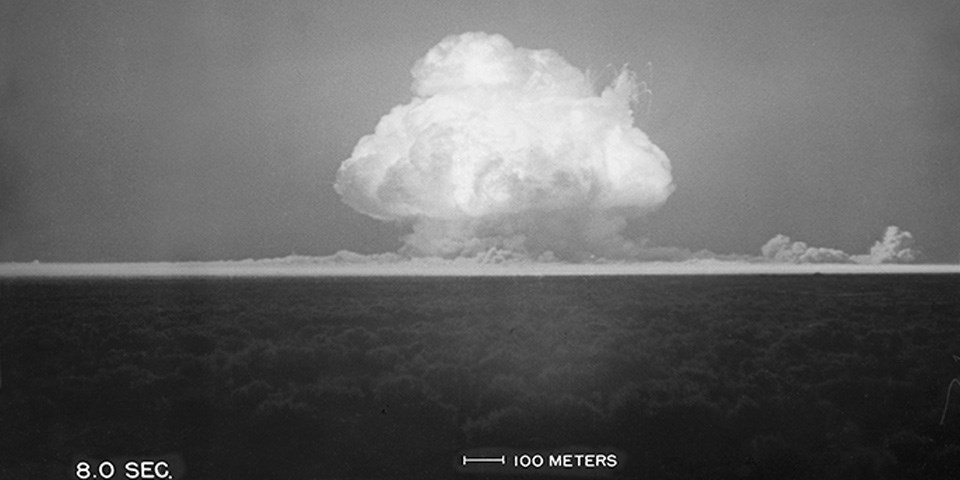

Oppenheimer is the first blockbuster about nuclear weapons in a generation. Framing his film’s namesake with kinetic edits, fractured timelines, quantum imagery, and a pulsing score, director Christopher Nolan has crafted a stylistic triumph. But...

Name of the Book Justin Schon. 2020. Surviving the War in Syria: Survival Strategies in a Time of Conflict. (Cambridge: Cambridge University Press). What’s the Argument? Civilians in conflict zones...

Many of academia’s core institutions are ‘held together by masking tape and pixie dust.’ But do they also rely on fantastical notions of academic karma?
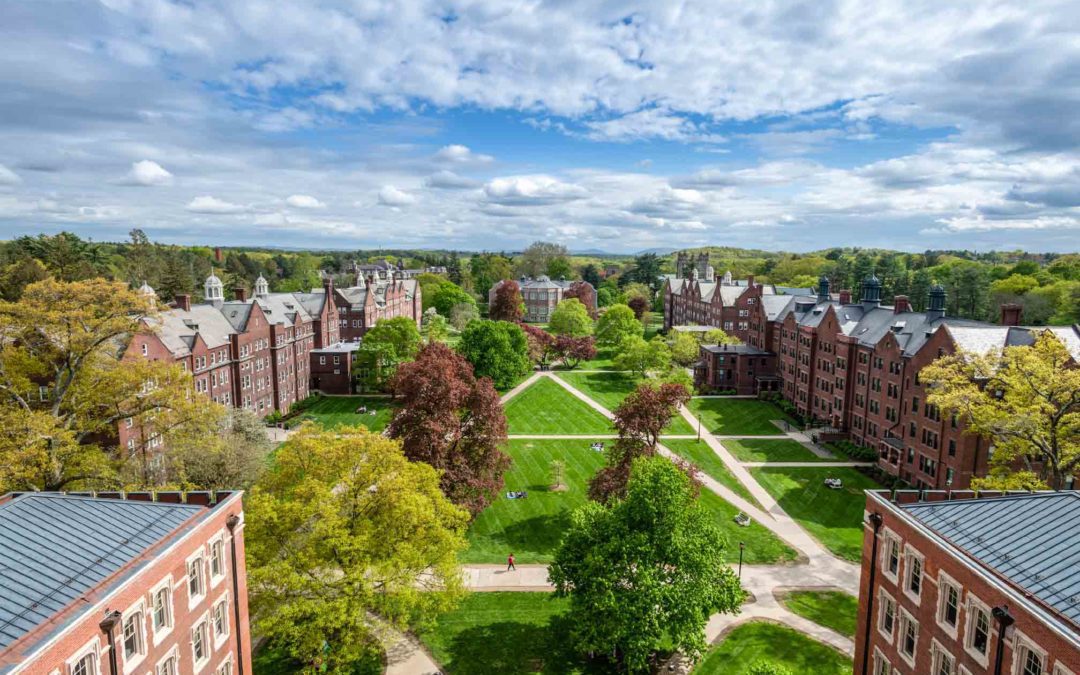
What was I thinking before I realized the world outside my campus was real? The foreign policy world is gearing up for the twentieth anniversary of 9/11 next week. There will be think pieces,...

[As two fellow NGO researchers, Wendy and Maryam are going to collaborate on some posts to provide contrasting views on hot-button issues related to NGOs. Think of us as the Siskel and Ebert of NGOs - we definitely agree on certain things, but clearly not on others (and don’t ask who’s who). Our...

[As two fellow NGO researchers, Wendy and Maryam are going to collaborate on some posts to provide contrasting views on hot-button issues related to NGOs. Think of us as the Siskel and Ebert of NGOs - we definitely agree on certain things, but clearly not on others (and don’t ask who’s who). Our...
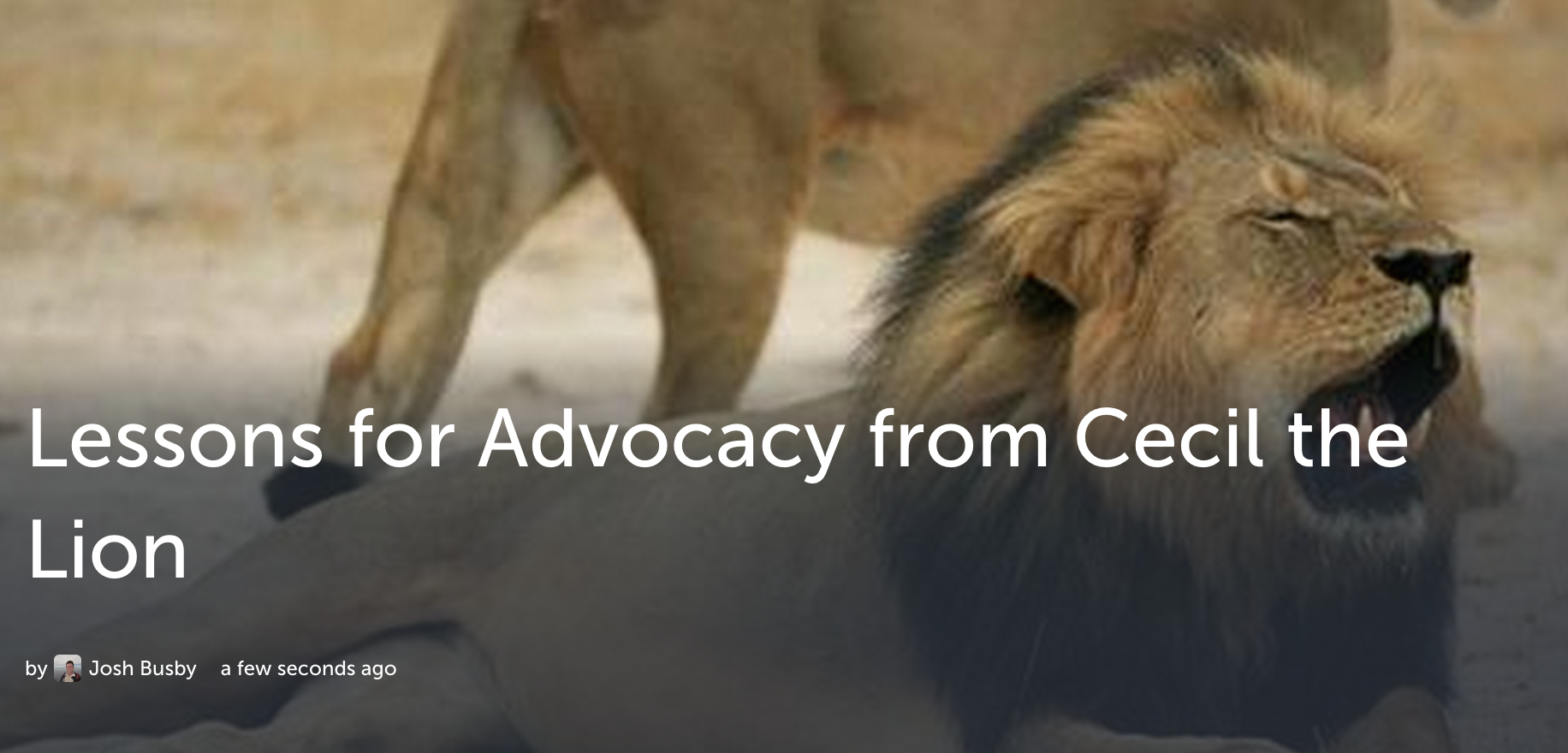
People who follow this blog know that I'm not jumping on the wildlife conservation bandwagon. I taught a course on global wildlife conservation and have blogged about it repeatedly here on the Duck. So, here are my thoughts on Cecil the Lion, the lion killed by an American hunter in Zimbabwe,...
I try to save paper these days by reviewing manuscripts via PDFs on my computer or my tablet. It also makes it easier to read stuff while traveling--both to read on a plane and to carry less paper around. The biggest challenge in doing this is the habit/standard of people putting their...
As a new Duck, who (like Cai & Tom) took a while to consider what to blog about, I finally decided - long-winded academic that I am - to write a series of posts on the #BringBackOurGirls hashtag campaign. To this end, I draw on materials for a keynote I just delivered at the University of...
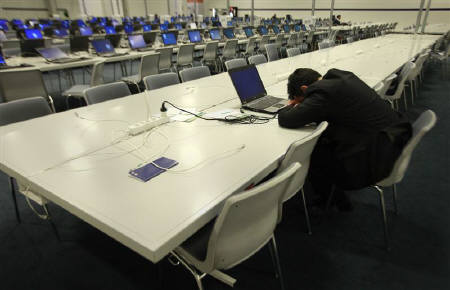
Amanda in her inimitable style has written some very persuasive guidance about the job market. Let me add a few thoughts about what else you can do to prepare. If you've already been socialized to want an academic job, then you better be ready for a rough slog. Unless you happen to be among the...
To begin with a confession, I have spent far too long contemplating what to write about as my first post, due in no small part to sharing fellow Guest Duck Tom's nerves about joining such formidable paddling of regular Ducks. However, Wendy's post on human rights having gone mainstream and no...

Sarang Shidore and I have a new paper for the Paulson Institute on what the US can do to encourage China to do more on climate change (in English and Mandarin). China recently reaffirmed its pledge to peak emissions around 2030 and to increase non-fossil energy to 20% by the same year. China also...
It’s getting to be that time of year again – the time when a fresh not-so-fresh crop of ABDs/PhDs gear-up for the academic job market. I’ve been there – it can make even the most self-assured academic have an existential crisis.[1] As much as I hated being on the job market myself, I absolutely...
Recently, Joel Pruce and Doutje Lettinga wrote contributions to openGlobalRights that lamented the non-revolutionary, and I would go so far as to say, anti-revolutionary tone that human rights have come to represent in global and local citizen politics. Both observers note the trend that...
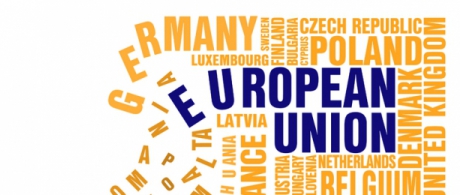
The Iran deal is the hot topic now, but since I wrote on the subject recently in another venue, I thought I would address the Greek/Euro crisis. I can’t help but borrow a bit of Josh’s title on the subject because it describes so well the situation in Europe. A lot of people are piling in on the...

This is a guest post from Mira Sucharov, an Associate Professor at Carleton University. Particularly in areas of contested politics — controversial policy issues, protracted conflict, clashing narratives, and the like — how much responsibility do authors have to remain unbiased? It’s a...